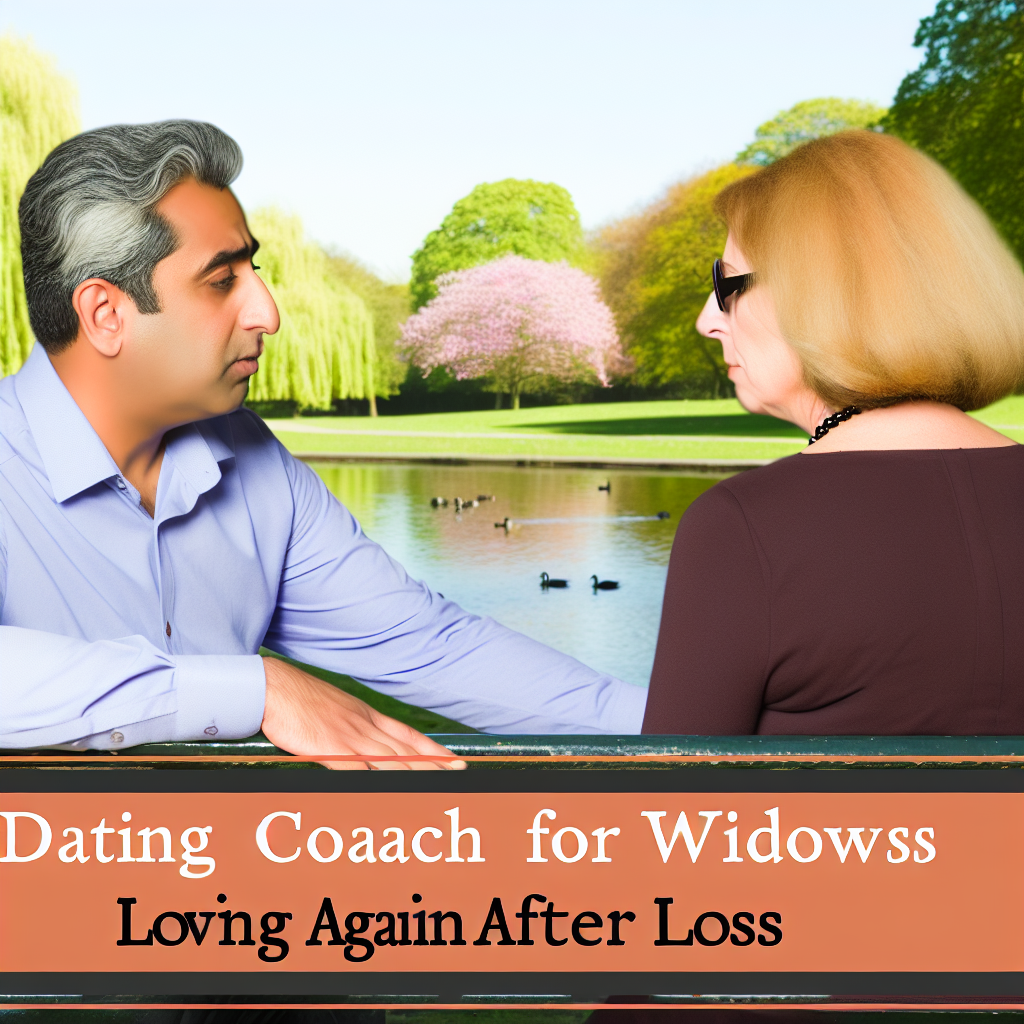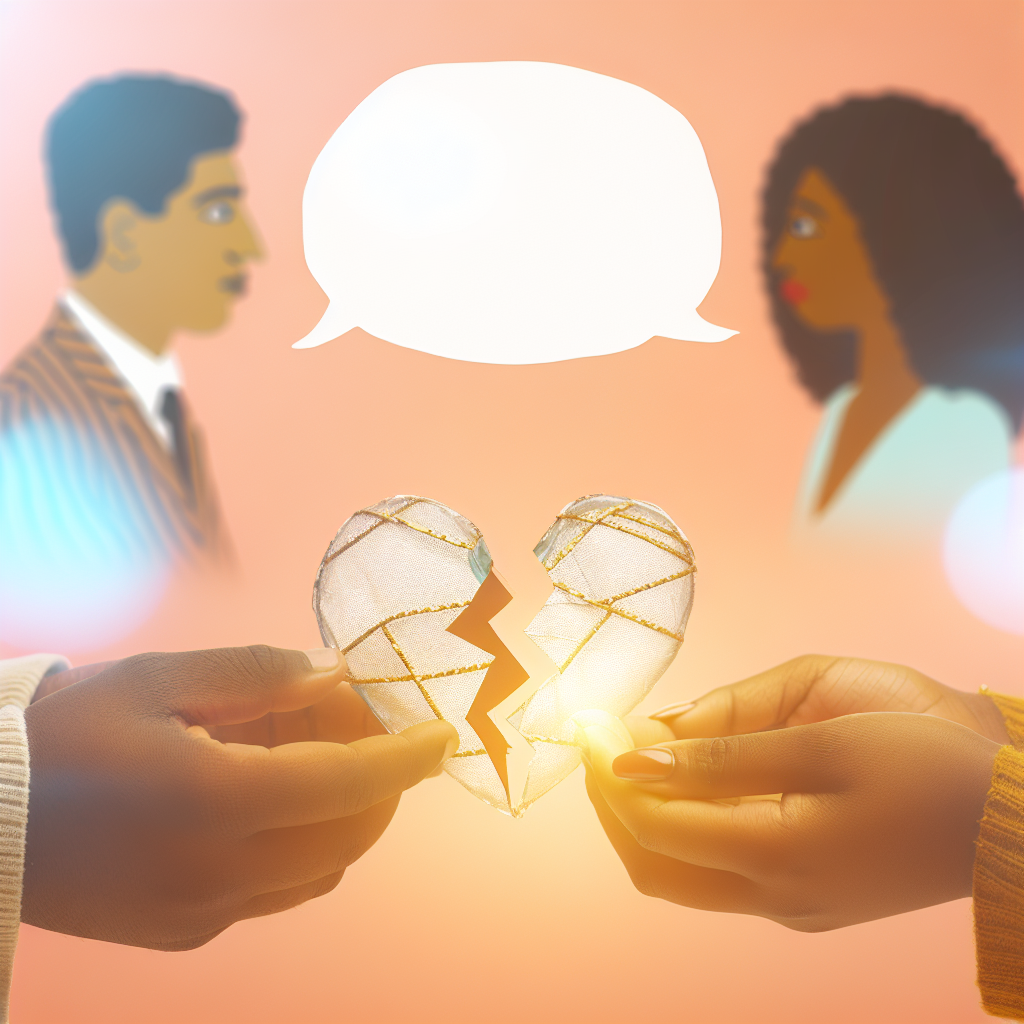The Matchmaker’s Guarantee – Demystifying What “Guaranteed Introductions” Actually Means
Introduction
In an increasingly digital world where dating apps and swipe culture dominate, many people seeking meaningful and long-term connections are turning to professional matchmaking services. On many matchmaking websites, you might encounter the promising phrase: “guaranteed introductions.” This phrase can pique curiosity, stir hope, or even create confusion. What does it really mean?
Are these guarantees promises of dates, romantic chemistry, or simply a chance to meet someone face-to-face? For singles aged 18 to 80, navigating the increasingly sophisticated world of matchmaking can feel opaque. Unlike algorithm-driven dating apps, professional matchmakers rely on human intuition, behavioral science, and personal consultation to connect individuals — but that doesn’t necessarily guarantee romantic success.
There’s a common misinterpretation that guaranteed introductions equal guaranteed love. In reality, this guarantee is more about process than outcome. Most matchmaking contracts specify a precise number of introductions that a client will receive, but these are never promises of chemistry or relationship success. Instead, they’re assurances that clients will be introduced to individuals who have been pre-vetted and matched according to compatibility factors.
As modern daters become more sophisticated and value-driven, they seek transparency from these services. Today’s matchmakers often use personality assessments, psychological profiling, and relationship coaching to guide their strategies. Some may present curated profiles and facilitate meetups, while others offer a high-touch experience involving ongoing feedback, date debriefs, and emotional support.
In this article, we’ll unpack what “guaranteed introductions” truly mean. By examining industry standards, behavioral science, and user expectations, you’ll gain clarity and learn how to make the most of this relationship investment — whether you’re a hopeful romantic in your 20s, reentering the dating scene later in life, or embracing a second chance at love after divorce. Understanding the disclaimer behind “guarantees” can help you enter the process with realistic expectations and a greater chance of success.
The Psychology and Practice Behind “Guaranteed Introductions”
To understand the significance of guaranteed introductions in matchmaking, it’s important to explore the psychological models and practical systems that guide today’s services.
Most reputable matchmaking firms rely on a blend of psychology, personal intuition, and compatibility science. Many of them draw from attachment theory, which explains how individual behaviors in relationships stem from early emotional bonds. Identifying whether someone has a secure, anxious, avoidant, or disorganized style can help determine what kind of partner they may thrive with.
Additionally, assessments such as the Myers-Briggs Type Indicator (MBTI), Enneagram, and DiSC are often utilized by professionals to measure traits like values, mindset, and emotional readiness. When matchmakers use these tools effectively, they’re not just introducing clients to anyone — they’re pairing them with individuals who match them on a deep, often psychological level.
According to the American Psychological Association (APA), emotional intelligence and compatibility in core values are key predictors of lasting relationships. In matchmaking, that doesn’t mean love is guaranteed — but it does mean that the introductions are informed, thoughtful, and increase the probability of forming a lasting connection.
Matchmakers also incorporate findings from pivotal research like the Journal of Social and Personal Relationships which found that people who engage in intentional dating — such as matchmaking — are 30% more likely to be satisfied with romantic outcomes, compared to casual daters using spontaneous or app-driven platforms.
So, when a matchmaker “guarantees” introductions, they are committing to providing a defined number of opportunities with hand-picked individuals. These matches are based on psychological insights and diagnosed compatibility—not luck. Some agreements may even maintain stipulations about no-shows, date feedback, or client cooperation, all to preserve the integrity of the matchmaking experience.
The value, then, lies not in promising love — but in ensuring opportunity. Through carefully curated introductions, guided by science and empathy, matchmakers offer clients their best opportunity to build a meaningful connection.
Conclusion
In today’s fast-paced dating environment, “guaranteed introductions” signal a commitment to curated, intentional matchmaking — not to happily-ever-afters. These guarantees ensure that professional matchmakers will present promising prospects based on psychology, values, and emotional readiness. While not an assurance of love, they offer a thoughtful path forward for those disillusioned by casual dating apps.
By understanding what these guarantees mean — and more importantly, what they don’t — singles can enter the experience with open minds and grounded expectations. Whether you’re 25 or 75, embracing matchmaking with realism layered over optimism can transform the dating journey into an empowering process of possibility and genuine connection.
Concise Summary
In professional matchmaking, the phrase “guaranteed introductions” refers to a defined number of curated matches, not a promise of romantic success. Backed by psychological assessments and emotional compatibility research, matchmakers aim to create thoughtful, intentional connections rather than random pairings. Understanding these guarantees helps clients manage expectations and embrace the matchmaking process as a pathway to meaningful opportunity rather than a certainty of love. Whether you’re seeking a partner in your 20s or navigating dating after divorce, clarity on what guarantees truly entail can make your romantic journey more informed and fulfilling.
References
– American Psychological Association (2022). Predictors of Successful Relationships.
– Hazan, C., & Shaver, P. R. (1987). Romantic love conceptualized as an attachment process.
– The Enneagram Institute – Understanding the Enneagram for Relationships
– Myers & Briggs Foundation – MBTI Basics

Dominic E. is a passionate filmmaker navigating the exciting intersection of art and science. By day, he delves into the complexities of the human body as a full-time medical writer, meticulously translating intricate medical concepts into accessible and engaging narratives. By night, he explores the boundless realm of cinematic storytelling, crafting narratives that evoke emotion and challenge perspectives. Film Student and Full-time Medical Writer for ContentVendor.com




